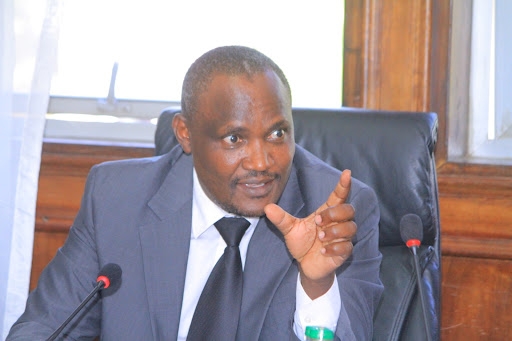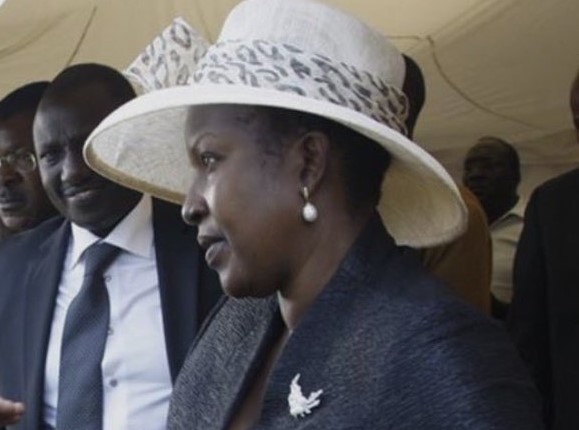At least six million women and girls in Kenya are now using modern contraception to prevent pregnancy, a new report shows.
This is two million more, compared to about four million who were on contraceptives in 2012.
In the last one year, all these women and girls prevented at least 2.2 million unintended pregnancies and averted 503,000 unsafe abortions, the report says.
'The FP2020: The Arc of Progress', is produced by Family Planning 2020 (FP2020), a global partnership supported by the UNFPA, USAID, the Bill & Melinda Gates Foundation, and the UK’s Foreign, Commonwealth & Development Office.
Kenyan women are among the top contraceptive users in Africa, led by Kirinyaga women, 80 per cent of whom are on contraception.
The report shows in total, 57.8 per cent of married women in Kenya are on modern family planning methods.
However, when you factor in all women, including single girls, the prevalence rate drops to 42.5 per cent.
Kenya was among the first countries to commit to the FP2020 partnership when it launched in 2012. The country then committed to put at least 58 per cent of all married women on modern contraception.
The current 57.8 per cent prevalence is a slight drop from the 59 per cent rate in 2018.
The drop was attributed to, among other things, the Covid-19 restrictions introduced last year.
The government currently provides free contraceptives in all public health facilities.
Beth Schlachter, executive director of FP2020, praised Kenya. “The FP2020 partnership has bent the curve of progress sharply upward and responded with the strength to Covid-19. As a result of coordinated partnership over the past eight years, millions of women and girls can now plan their own futures through access to life-changing, and lifesaving, contraceptives,” she said.
However, access is uneven across the country and the report shows 18.6 per cent of women want to use contraceptives but have no access to them.
Beth added: “With every day that passes, millions are denied the right to choose their own future. As we look ahead to 2030, we must continue to push for progress, build on what works well, and ensure we leave no woman or girl behind.”
In Kenya, injectables remain the most favoured contraception method, by 47.9 per cent of all women, followed by implants at 18.2 per cent, pills 14.1 per cent and IUD 5.9 per cent, female sterilisation 5.6 per cent and Lactational Amenorrhea Method (breastfeeding method) at 0.3 per cent.











